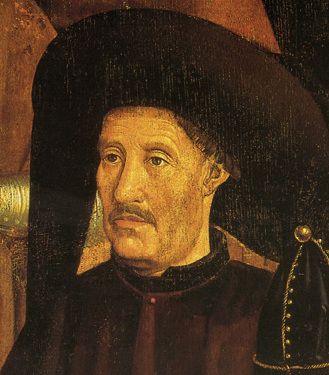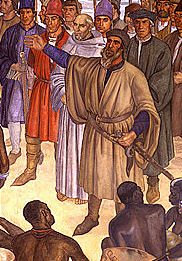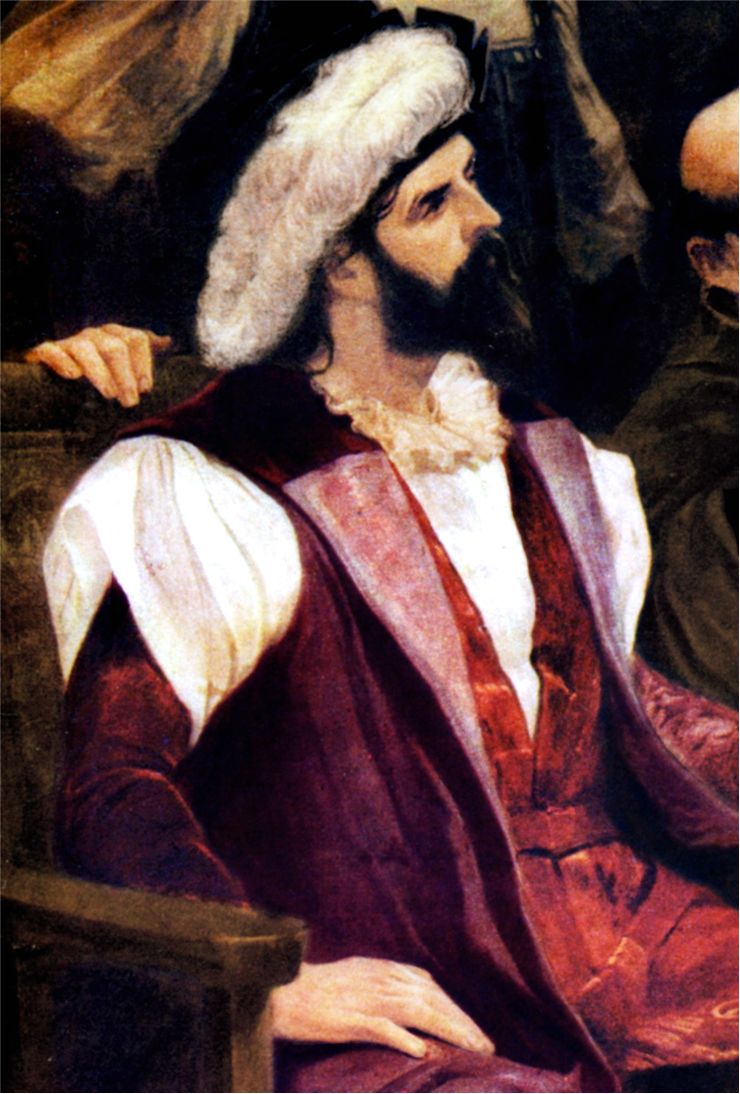Exploration of Africa - African Explorers
Although Africa represents home of the human race, first ancient civilizations formed in the Middle East, between the riverbanks of great rivers of Euphrates and Tigris. After the fall of Mesopotamia, civilizations of ancient Egypt, Greece and Rome all tried to explore the continent of Africa with varying degree of success. During the life of their empires, they explored only the northern parts of Africa, never trying to trek across the vast desert of Sahara. First recorded mentioning of sub-Saharan explorations came from the writings of the ancient Greek historian Herodotus. He described two instances of expeditions that went beyond Sahara. One in which Persian navigator Sataspes failed to circumvent the Africa around 500BC, and the other one that described successful ocean circumvention of the Africa by the expedition of Phoenician ships under the order of Egyptian pharaoh Necho II. While the expedition of Sataspes is confirmed to be true, many modern historians dismiss the existence of the Egyptian mission around the Africa. After the fall of Egypt, Roman Empire established its "African Province" on the coasts of today's Libya, Tunisia and Algeria, which remained under their rule all up to 5th century AD.
European exploration of Africa in Middle Ages came to almost total stop after the expansion of Islam over the entire continent. The only explorers that were allowed to enter the inner Africa were European Jews, who first started exploring the sub-Saharan lands in 14th century. One of the most notable explorers of that early period were Abraham Cresques and his son Jehuda, who are today remembered for their 1375 creation of Catalan Atlas, map of entire known world that included the lands of middle Africa.One of the most important motivators for exploration of Africa was the lucrative trade of gold and silks. Great taxes that were introduced by the Islamic Republic and Italian republics of Venice and Genoa started one of the greatest times of ocean exploration our World has ever seen. Sea explorers from Spain, Portugal and Italy joined forces in exploring coast of West Africa, in hope of finding water route to South African lands, and eventual way to the distant India. During the late 13th and mid-14th century, European missions found Canary Islands and explored the African coast all up to the today's lands of Senegal.
One of the most important points in the exploration of Africa was 1420s establishment of permanent exploratory fleet by the order of the Portugal prince Henry (also known as Henrty the Navigator). Under his leadership, Portugal explorers managed to explore the entire western coast of Africa. Most notable navigators of that time were Diogo Cão (who explored Kingdom of Kongo in 1482) and Bartolomeu Dias (who reached the southern tip of Africa in 1488). All those discoveries paved the way for two explorers who wanted to reach India. Christopher Columbus decided to travel to East where he found "New India" (later renamed to America), and Vasco da Gama who between 1497 and 1498 managed to sail to India and return to Europe. During the early years of 16th century, Portugal missions of Pedro Álvares Cabral and Diogo Dias managed to map the western coast of Africa.
17th century brought the first organized colonization of African continent. With the help of two Netherlands naval companies (West Indies Company that was focused Atlantic Ocean and East Indies Company which worked in Indian Ocean), Dutch explored the African land and decided to make their landfall in South Africa where in 1652 they established Cape Town. This first European colony in Africa paved the way for the other countries to invade and conquer local kingdoms and establish their colonial rule.
Increased hostilities between several European countries and rise of New Imperialism brought the wave of systematic invasion, occupation, colonization and annexation of African territory. During those years, many famous explorers tried to explore central portions of the continent. Most famous missions were conducted under the leadership of Dr. David Livingstone (explored river Zambezi and discovered the sources of the River Nile), Henry Morton Stanley (very famous mission in Central Africa), Richard Burton, John Speke and James Grant (Central Lakes).
By the start of World War I, European countries colonized the vast majority of African land (with Britain holding almost 30% of Africa's population under their control).


